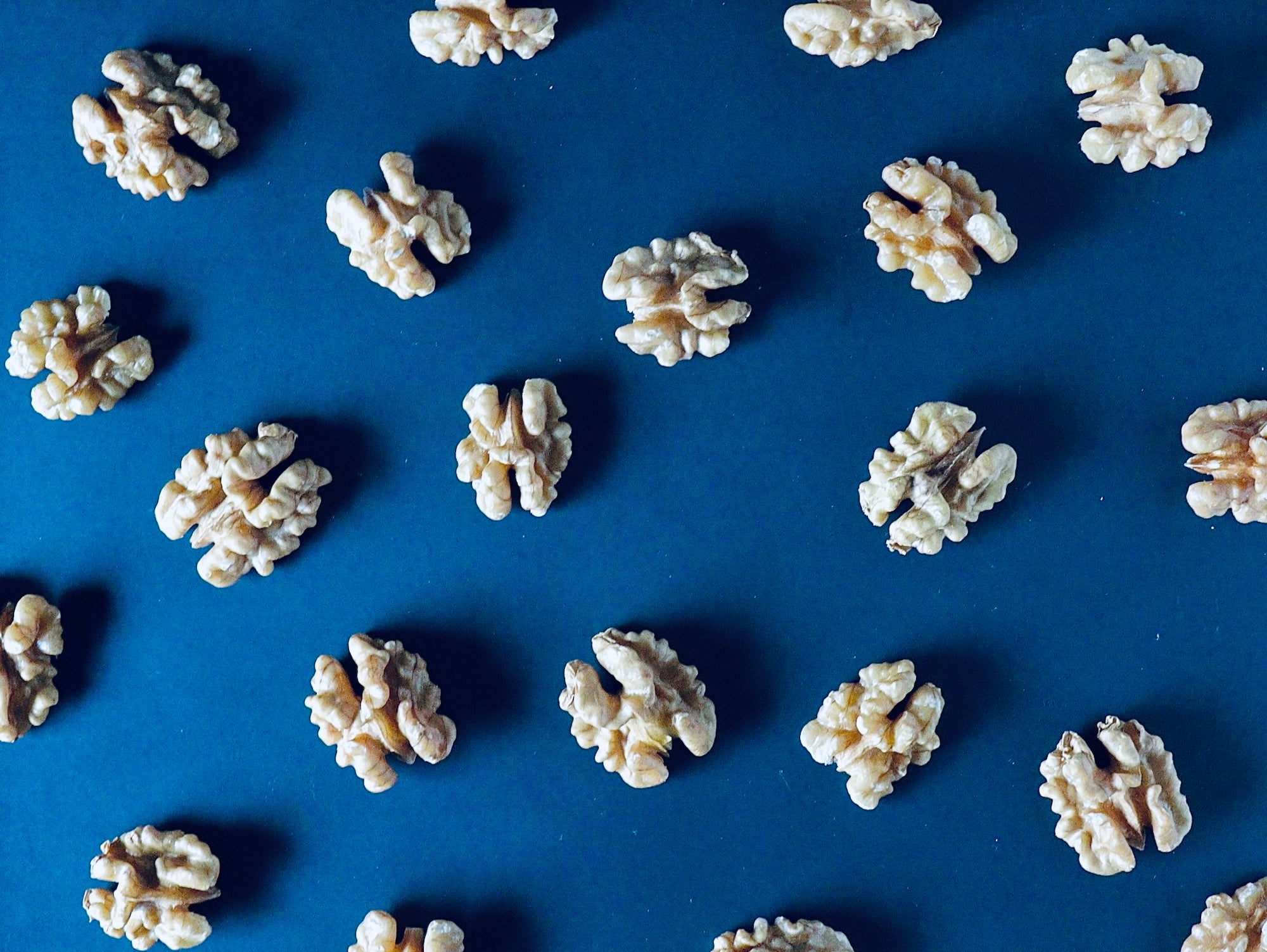This one’s close to home. Cognitive decline and neurodegenerative diseases will most likely impact all of us in one way or another. For me, it was in June 2023 when my Dad was diagnosed with Alzheimer's. It triggered a bit of an obsession to try and understand this on a deeper level because if it can happen to my Dad, one of the smartest and healthiest men I know, it can happen to anyone.
So, what is cognitive decline?
It’s the gradual deterioration of cognitive functions such as memory, thinking, and reasoning skills. Unfortunately, it’s a natural part of ageing where the brain undergoes changes, such as reduced brain volume, loss of neurons, and decreased synaptic connections. It can be accelerated by neurodegenerative diseases, vascular issues, chronic inflammation and lifestyle factors. Longer life spans and worsening lifestyles mean cases of neurodegenerative diseases have increased rapidly. They are now one of the leading causes of death in older adults and approximately 55 million people are living with Dementia globally.
We need to be proactive and prioritise brain health now. Dementia-related changes can begin in the brain 10-20 years before noticeable symptoms even appear!
Okay, let’s get more optimistic.
We can slow cognitive decline and help prevent neurodegenerative diseases and, like anything, the sooner you start, the better - you should really be taking this seriously in your 30s or even your 20s. There’s lots out there on what you can do, so I’ve summed up the proven suggestions found by Dr Peter Attia, Dr Mark D'Esposito and Dr Daniel Amen:
Exercise: A balance of strength training, cardiovascular exercise, and (HIIT). This takes the gold medal; exercise boosts brain-derived neurotrophic factor (BDNF), a protein that supports neuron growth and cognitive function.
Quality sleep: Sleep helps to clear brain waste like beta-amyloid, consolidate memories, repair neural connections, and maintain brain plasticity.
Reduce alcohol consumption - Excessive alcohol consumption disrupts sleep patterns, impairing sleep's ability to support cognitive function.
Nutrition: A diet rich in antioxidants and Omega-3s helps combat oxidative stress and inflammation, both of which are detrimental to brain health.
Consider a ketogenic diet: A ketogenic diet (high fat, low carb) may support cognitive function and offer neuroprotective benefits through periods of ketosis.
Intermittent fasting: Intermittent fasting improves insulin sensitivity, reduces inflammation, and promotes autophagy, which helps maintain brain health and function.
Insulin Sensitivity - Improve insulin sensitivity through a balanced diet and regular exercise. Insulin resistance is linked to cognitive decline and neurodegenerative diseases, so maintaining healthy blood sugar levels is vital for brain health.
Manage stress: Practise mindfulness to reduce chronic stress, which can negatively impact cognitive function.
Lifelong learning: Continuously challenge your brain through lifelong learning and mental stimulation to help build cognitive reserve and protect against cognitive decline.
A couple of terms you might not have heard are cognitive and movement reserve. Both of these are vital for preventing cognitive decline and maintaining overall health as we age. Cognitive reserve is the brain's ability to withstand damage and maintain cognition despite age-related changes or pathology. You can build cognitive reserve by engaging in mentally stimulating activities and continuous learning. On the other hand, movement reserve refers to the body's ability to perform physical tasks and adapt to physical stressors, contributing to better mobility and functional performance as you age. High movement reserve is maintained through regular physical activity and strength training.
Cognitive decline is a genuine concern as we age, but it is not inevitable. Adopting the right lifestyle choices highlighted above can protect our cognitive function and reduce our risk. The brain is arguably the most important part of the body, and something you must prioritise as young as possible.
Bonus - Food for thought
Here’s some ingredients you should be consuming regularly to enhance brain health and slow cognitive decline.
Superfoods
- Blueberries: Rich in antioxidants, they combat oxidative stress and inflammation.
- Walnuts: High in Omega-3 fatty acids and antioxidants, promoting brain function.
- Turmeric: Contains curcumin, which has anti-inflammatory and neuroprotective properties.
- Spinach: Packed with vitamins and antioxidants, supporting cognitive function.
Adaptogens
- Rhodiola Rosea: Reduces stress and fatigue, and supports cognitive function.
- Ashwagandha: Helps manage stress and improve memory and cognitive performance.
- Ginseng: Enhances mental performance and reduces fatigue.
- Ginkgo Biloba: May enhance cognitive function and memory by improving brain blood circulation and providing antioxidant protection.
Nootropics
- Bacopa Monnieri: Improves memory and cognitive function.
- L-Theanine: Promotes relaxation and focus without drowsiness.
- Lion's Mane Mushroom: Supports neurogenesis and cognitive function.






